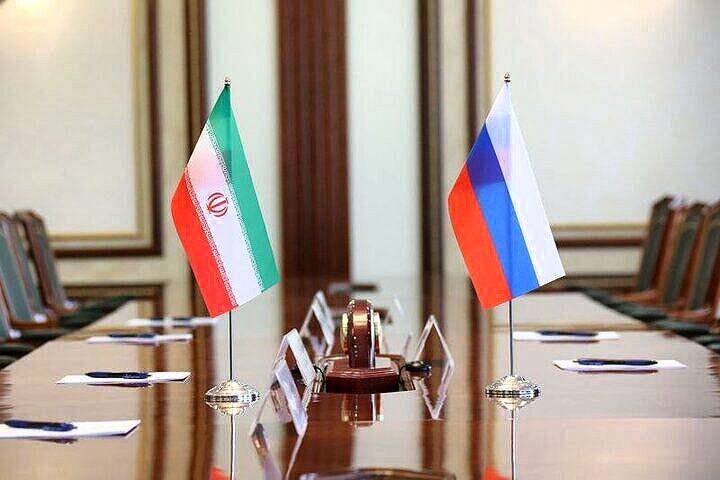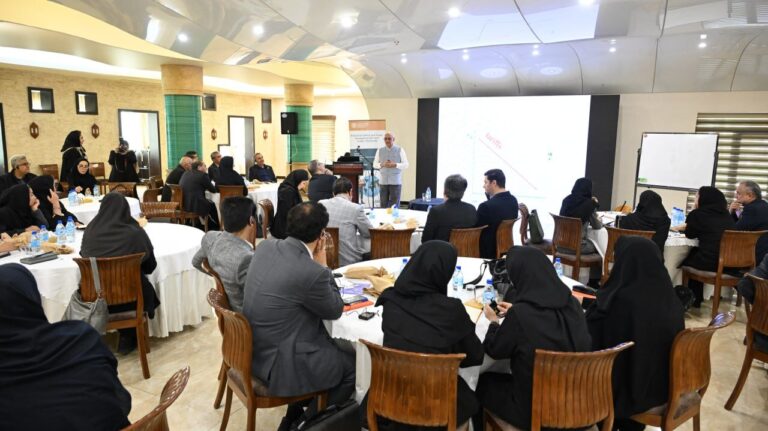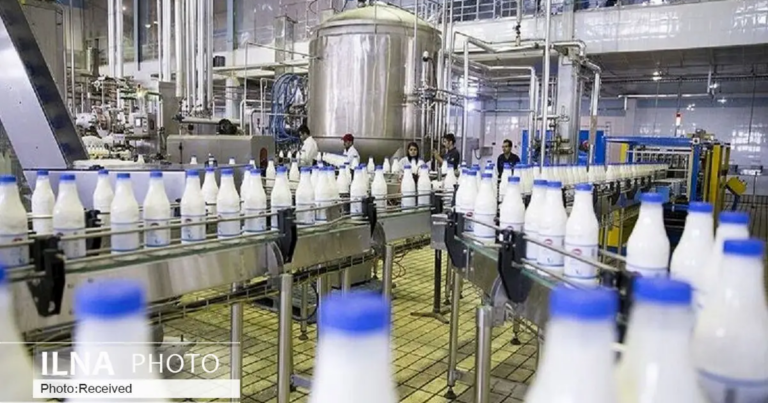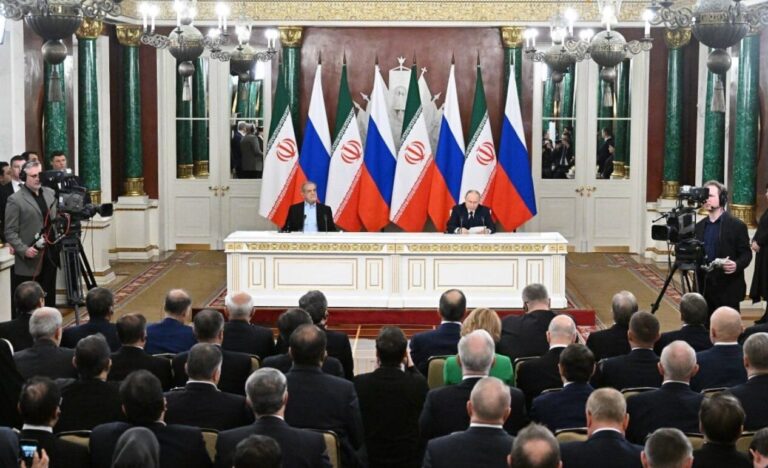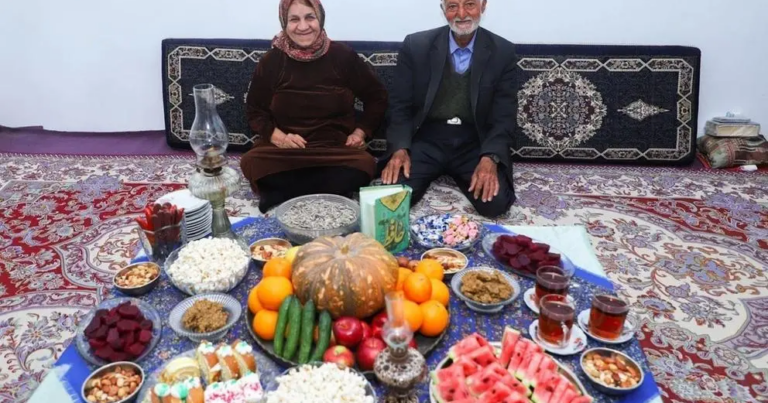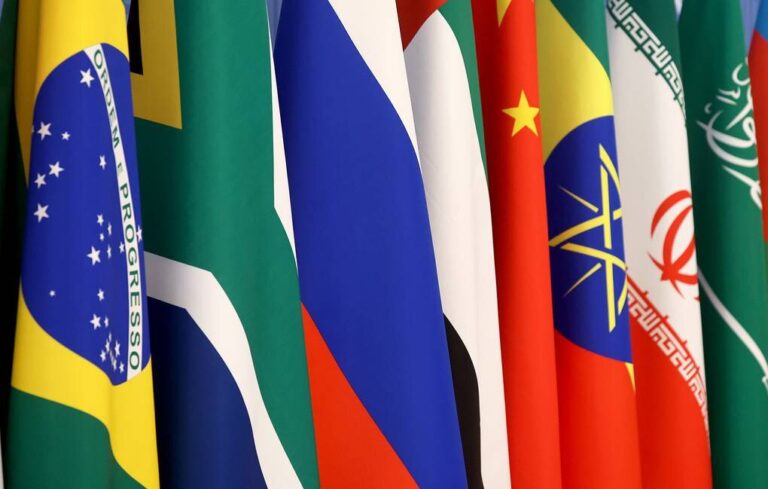Iranian Trade Delegation Set to Strengthen Economic Ties with Moscow in Upcoming Visit
In a significant development, Kazem Jalali highlighted the importance of media cooperation between Iran and Russia during the Fifth Iran-Russia Media Cooperation Meeting. This partnership is crucial for fostering stronger bilateral relations and creating public support for ties between the two nations.
Jalali emphasized that effective media collaboration is essential to enhance the relationship between Iran and Russia. He stated, “We must move toward building public support for the relationship between our countries, and media collaboration is essential in this regard.” This statement underscores the pivotal role that media plays in shaping public perception and understanding of international relations.
According to Jalali, both countries are committed to elevating their ties to a strategic level through the establishment of a comprehensive treaty. This initiative reflects a mutual desire to strengthen diplomatic and economic connections. Key points mentioned by Jalali during the meeting include:
- Elite Support: The backing of influential figures is vital for advancing this strategic partnership.
- Media’s Role: The media is crucial in realizing the potential of cooperation between the two nations.
- Major Projects: Iran and Russia are actively engaged in significant projects such as the International North-South Transport Corridor and the transfer of Russian gas to Iran.
- Free Trade Agreement: The implementation of a free trade agreement with the Eurasian Economic Union is set to eliminate tariffs on approximately 90% of goods, significantly boosting trade volume.
Jalali noted that these developments signal a promising future for Iran-Russia relations. The enhancement of media cooperation is expected to support these initiatives and foster a deeper understanding between the peoples of both nations.
In recent years, Iran and Russia have made substantial progress in their bilateral relations, focusing on areas like defense, energy, and trade. The two countries have also collaborated on international platforms, including efforts to stabilize the region and address common challenges.
During the meeting, Jalali reiterated the importance of maintaining a consistent dialogue between the media outlets of both countries. He believes that such interactions will lead to a more informed public and a better understanding of each nation’s perspectives and policies.
Furthermore, Jalali pointed out the potential benefits of increased media cooperation. By sharing news, cultural exchanges, and joint projects, both Iran and Russia can foster a positive public image and counteract negative stereotypes that might exist.
As part of their strategic partnership, both countries are also looking to increase cultural exchanges. This includes promoting tourism, educational programs, and joint cultural events that can bridge the gap between the two nations. Jalali emphasized that cultural understanding is a cornerstone of any successful diplomatic relationship.
In conclusion, the ongoing efforts to strengthen media cooperation between Iran and Russia represent a significant step towards enhancing bilateral relations. As both nations pursue major projects and agreements, the role of media becomes increasingly vital in building public support and understanding. The future looks bright for Iran-Russia relations as they work together to achieve mutual goals and foster a deeper partnership.
As we move forward, it is essential for both countries to continue nurturing this relationship through regular communication and collaboration, ensuring that the benefits of their partnership are realized by both Iranian and Russian citizens.
With strong leadership and a commitment to cooperation, the Iran-Russia alliance is poised to flourish, paving the way for a robust and strategic partnership in the years to come.
